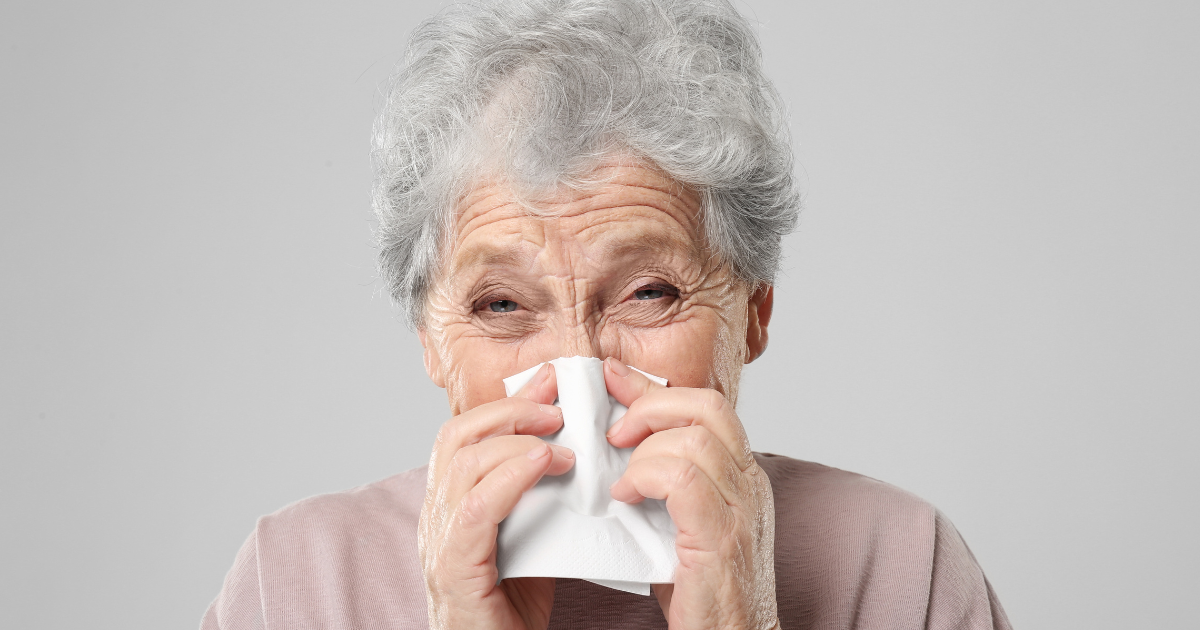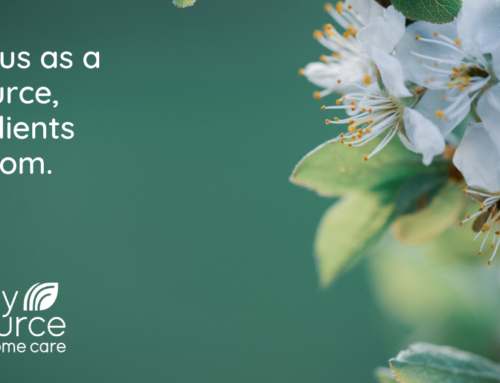Winter allergies can pose significant challenges for the elderly population, especially those with pre-existing health conditions. As a caregiver, understanding how to manage and alleviate these symptoms is crucial to ensuring the well-being and comfort of your loved ones. In this guide, we’ll explore effective strategies for managing winter allergies in the elderly, with a focus on practical tips and solutions tailored to caregivers. Additionally, we’ll discuss how caregivers across over 30 locations in Washington, Oregon, and Idaho can provide optimal support to seniors during the winter months.
Understanding Winter Allergies in the Elderly:
Winter allergies can be triggered by various indoor and outdoor factors, including dust mites, mold, pet dander, and pollen from certain plants.
Common symptoms of winter allergies in the elderly may include:
- Persistent sneezing
- Runny or congested nose
- Itchy or watery eyes
- Coughing or wheezing
- Skin rashes or irritation
These symptoms can significantly impact the quality of life for seniors, making it essential to address them effectively.
Tips for Managing Winter Allergies:
- Keep Indoor Air Clean: Encourage proper ventilation in the house and use air purifiers with HEPA filters to remove allergens from the air. Regularly clean air ducts, carpets, and upholstery to minimize dust accumulation.
- Maintain Optimal Humidity Levels: Use a humidifier to keep indoor humidity levels between 30-50%, as dry air can exacerbate respiratory symptoms. However, ensure proper cleaning of humidifiers to prevent mold growth.
- Allergen-proof Bedding: Invest in hypoallergenic mattress and pillow covers to create a barrier against dust mites. Wash bedding in hot water weekly to eliminate allergens effectively.
- Limit Exposure to Outdoor Allergens: Encourage seniors to stay indoors during peak pollen times, typically in the morning and on windy days. Keep windows closed and use air conditioning to filter outdoor air.
- Pet Care: If the senior has pets, ensure regular grooming and bathing to minimize dander. Designate pet-free zones within the house, especially in sleeping areas.
- Medication Management: Consult with a healthcare professional to determine appropriate allergy medications for the senior. Ensure that medications are taken as prescribed and monitor for any adverse reactions.
- Healthy Diet: Emphasize a diet rich in fruits, vegetables, and anti-inflammatory foods to support overall immune health. Avoid foods that may exacerbate allergies, such as dairy or processed foods.
- Stay Hydrated: Encourage seniors to drink an adequate amount of water throughout the day to keep mucous membranes hydrated and reduce nasal congestion.
Supporting Seniors Across Multiple Locations:
As a caregiver working across multiple locations in Washington, Oregon, and Idaho, it’s essential to maintain consistency in implementing these strategies. Here are some additional tips for providing optimal support:
- Training and Education: Ensure that all caregivers are adequately trained in recognizing and managing winter allergies in the elderly. Provide educational materials and resources to enhance their understanding of allergy management techniques.
- Communication: Foster open communication channels between caregivers, seniors, and their families to address any concerns or changes in symptoms promptly. Encourage regular updates on the senior’s condition and any environmental factors that may affect their allergies.
- Collaborate with Healthcare Providers: Work closely with healthcare providers to develop personalized care plans for seniors with winter allergies. Collaborate on medication management and follow-up appointments to monitor the effectiveness of treatment.
- Environmental Assessments: Conduct regular assessments of the indoor environment across all locations to identify potential allergen triggers. Implement necessary modifications to minimize exposure to allergens effectively.
- Community Resources: Utilize community resources and support networks to access additional assistance or specialized services for seniors with winter allergies. Stay informed about local allergy forecasts and trends to better anticipate potential challenges.
Conclusion
Managing winter allergies in the elderly requires a proactive and multifaceted approach, with caregivers playing a crucial role in providing support and assistance; as a resource for elderly home care across over 30 locations in Washington, Oregon, and Idaho, including our branch in Spokane Valley serving the entire Inland Northwest, we’re here to help throughout the colder months.
Sources:






